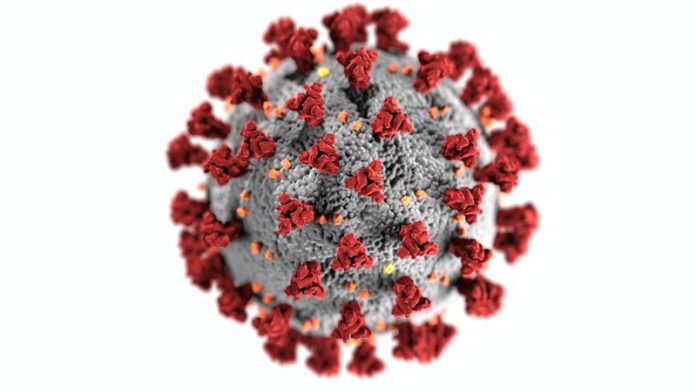
In a new study, researchers found a newly discovered mechanism at work in the human immunodeficiency virus (HIV) patients may also lead to new treatments for COVID-19.
The study reveals how HIV attacks peroxisomes, organelles found in all cells that help regulate the immune system, lipid metabolism and cardiovascular health, brain development, and nerve function.
The research was conducted by a team at the University of Alberta.
Other viruses, including West Nile virus and Zika virus, have several different mechanisms to reduce peroxisomes as a way to inhibit the production of interferon, which will block most viruses from replicating.
All viruses have ways to block this interferon response, which fits with the idea that peroxisomes are an important target in terms of virus infections.
The researchers wondered whether SARS-CoV-2, the virus that causes COVID-19, might also attack peroxisomes, so they started testing peroxisome-boosting drugs against the virus in cell cultures.
The team examined why many HIV patients experience premature aging, lipodystrophy (a change in the way the body metabolizes fat), and a range of neurological disorders that can prevent them from living independently.
They uncovered four microRNAs that are elevated in the brains of HIV patients who have dementia.
They also demonstrated last year that boosting peroxisomes by manipulating genes can inhibit the replication of the Zika virus.
Over the next four months, they will continue testing drugs that boost peroxisomes to see whether they can do the same against SARS-CoV-2 and HIV.
Several of the drugs they are trying have been approved as cancer drugs, but the team discovered they coincidentally target a pathway that blocks peroxisome formation.
They pointed out that several of the promising treatments against COVID-19, including remdesivir and interferon, are relatively expensive and must be given in the hospital, whereas some of the peroxisome boosters can be taken orally and have few side-effects.
One author of the study is cell biologist Tom Hobman, former Canada Research Chair in RNA Viruses and Host Interactions.
The study is published in mBio.
Copyright © 2020 Knowridge Science Report. All rights reserved.



